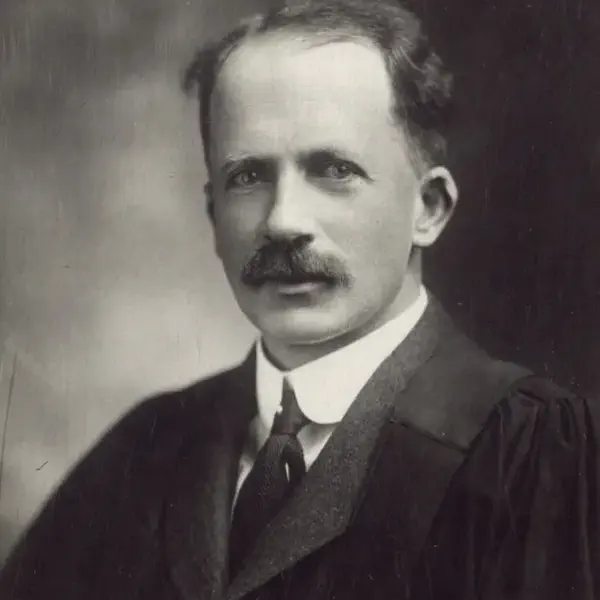
John J. R Macleod, Scottish-Canadian Physiologist and Winner of 1923 Nobel Prize, Died.
March 16, 1935
John James Rickard Macleod, FRS, FRSE (6 September 1876 – 16 March 1935), was a Scottish biochemist and physiologist. He devoted his career to diverse topics in physiology and biochemistry, but was chiefly interested in carbohydrate metabolism. He is noted for his role in the discovery and isolation of insulin during his tenure as a lecturer at the University of Toronto, for which he and Frederick Banting received the 1923 Nobel prize in Physiology or Medicine.
Nobel Prize
The Nobel Committee reacted almost immediately to the first successful clinical trials. In the autumn of 1923, Banting and Macleod received the Nobel Prize in Physiology or Medicine, even though the long-term importance of the discovery was not yet apparent. They were nominated by the Danish physiologist and Nobel laureate August Krogh, who had a diabetic wife and had visited Macleod’s laboratory and taken the method back to Denmark.
The committee concluded that Macleod’s work in interpreting the data, managing the clinical trials and providing a high level of public presentation were crucial for success, so they awarded the Nobel prize to both.
Upon accepting, Banting gave half of his prize money to Best. Macleod in turn gave half of his to Collip. In 1972 the Nobel Foundation officially conceded that omitting Best was a mistake.
A second controversial aspect of the award was the fact that eight months before Banting’s and Best’s paper, the Romanian physiologist Nicolae Paulescu had reported the discovery of a pancreas extract that he dubbed pancrein, which lowered blood glucose concentration.
Banting and Best cited him in their paper, but misinterpreted his findings, purportedly because of an error in translation from French. Best publicly apologized for that mistake many years later.